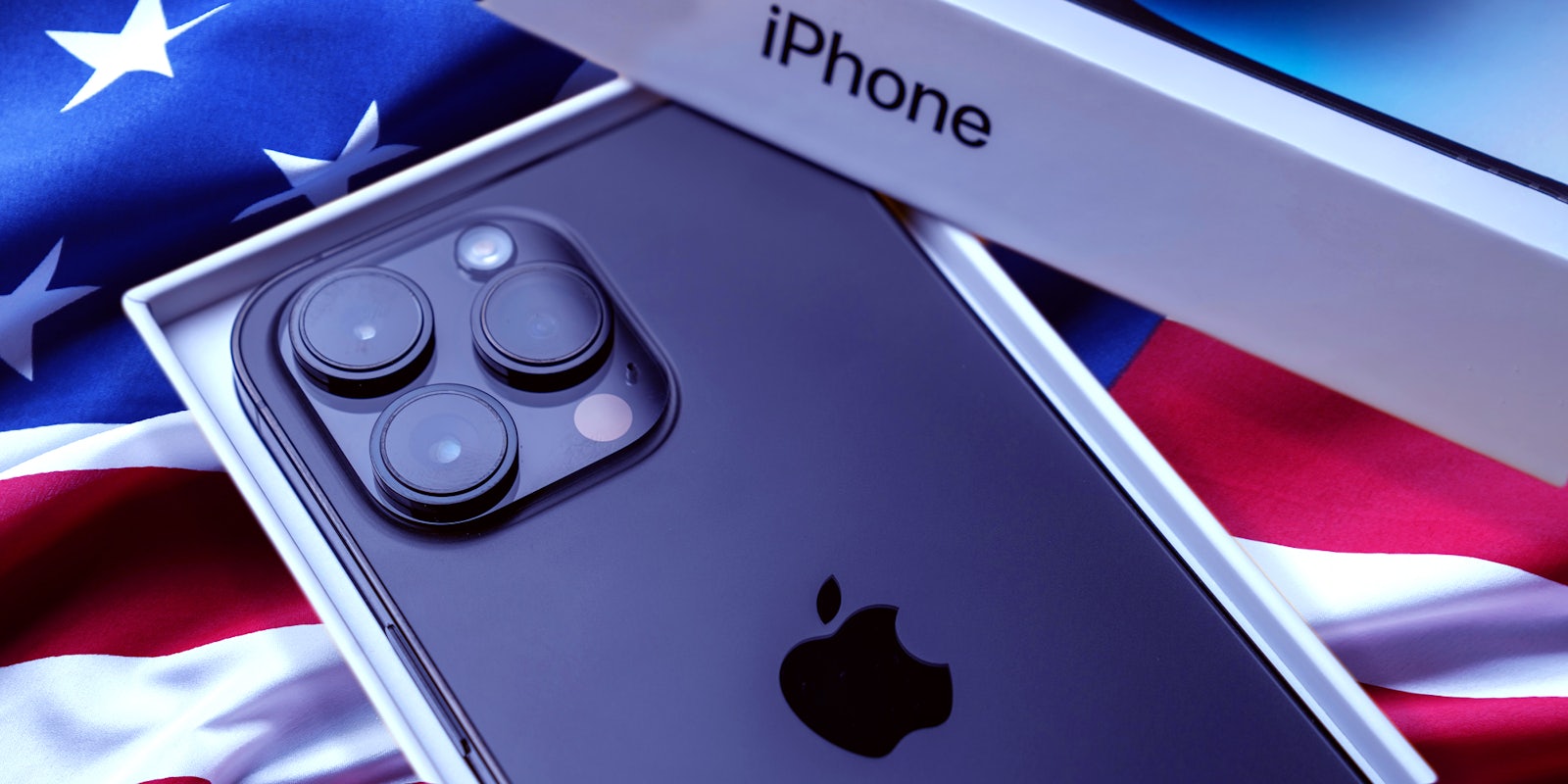Fake offers for free or cheap iPhones were one of the most common online scams in 2023. But bona fide government programs to help low-income people pay for telecommunications services do exist.
These subsidies can get you a decent phone on an affordable plan when combined with phone company incentives to switch carriers or set up a new line.
Phishing scams, the most common online scam, trick users into sharing financial and personal data via email and SMS by imitating large, well-known online retailers like Apple. IBM Security named Apple’s online store as the most commonly imitated online retailer behind Microsoft. Almost 60% of e-store-related phishing scams last year mimicked Apple, according to Kaspersky Labs.
But there are some pretty easy tips to keep you safe.
Don’t enter sweepstakes or “pre-launch” anything involving hardware or software products.
Only share important information with large, known retailers like Apple’s online store or its updated list of authorized retailers.
Seek third-party reviews before transacting with authorized retailers. Use two-factor authentication when transacting.
Scams aside, two government programs help low-income people who need help paying for telecommunications and Internet services. A not-for-profit organization called the Universal Service Administrative Company administers Lifeline and the Affordable Connectivity Program (ACP) on the Federal Communications Commission’s (FCC) behalf.
Think of these programs like food stamps for tech devices, Wi-Fi, and mobile service born from rare moments of bipartisan agreement in Congress that telecommunications belong in the same category as food and healthcare as basic necessities.
Applicants that meet the low-income thresholds to receive Medicaid and SNAP also qualify for ACP and Lifeline.
Lifeline, the older of the two programs, takes a monthly $9.25 off your internet or combined phone/internet bill. Recipients on tribal lands qualify for a $34.25 monthly subsidy. A Reagan-era law, Lifeline has proven surprisingly tenacious and has not suffered as many cuts under subsequent presidential administrations as food and housing subsidies.
The Biden-era ACP gives more money, but enjoys a less stable political footing than Lifeline. ACP, passed during the COVID-19 pandemic—takes up to $30 off a monthly internet bill, which can stack on top of Lifeline reimbursements. Participants in tribal territories get up to an additional $75 off per month.
ACP also provides a one-time $100 subsidy toward purchasing a computer, tablet, or phone. Congress funds ACP on a provisional basis. ACP appropriations will run out in 2024 without legislative remedy.
Lifeline and ACP combined with promotional offers from most major carriers incentivizing you to switch to their service can get you within smelling distance of a free government iPhone. But you risk washing up with other services you do not need and for which you may not want to pay.
T-Mobile offered an iPhone 14 to those willing to switch carriers and sign up for a 5G plan. Verizon offered an iPhone 14 Plus with a new service line or earlier model refurbished iPhones if you sign up for any 5G unlimited plan. AT&T offered an iPhone 14 Pro with an eligible smartphone trade-in plus a $75 per month data plan. However, while these companies accept government subsidies, those often have hidden caveats.
Hello Mobile and Q Link offer phone plans that cost less than the ACP monthly subsidy. But it does not provide a free iPhone upfront.
Even the newest refurbished iPhone 7s its sells exceed the $100 one-time ACP subsidy to buy a new device by $20.
So while you can certainly get a cheaper bill if you need it, free government iPhones are mostly a myth.



